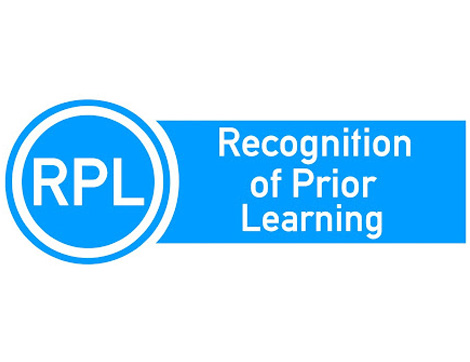The legislative requirements
The legislation is very clear regarding compliance in RPL kits and why you need to have RPL Kits for every unit of competency you are training and assessing.
The legislative instrument includes the following clauses:
Assessment
1.8. The RTO implements an assessment system that ensures that assessment (including recognition of prior learning):
a) complies with the assessment requirements of the relevant training package or VET accredited course; and
b) is conducted in accordance with the Principles of Assessment and the Rules of Evidence.
1.12. The RTO offers recognition of prior learning to individual learners.
Can you refuse a student RPL
Legislation involves the preparation and enactment of laws by a legislative body through the lawmaking process that it uses to accomplish its purposes. Something written in legislation eliminates all questions and assures that everyone adheres to the requirements, regardless of whether they want to or do not want to do so. As a result, training organisations do not have the privilege of refusing recognition of prior learning to people interested to achieve a unit of competency, skill set or qualification through recognition of prior learning. They have no choice but to offer it.
What should be included in the RPL kit
The regulatory body has not approved any structure or approved a template for RPL kits, the structure of RPL kits is up for debate at this time. However, the practise has been in place as long as RPL kits have allowed the following:
- Self-assessment should be carried out by the student in order to evaluate their knowledge and abilities.
- In addition to previous studies – both formal (e.g., TAFE, school) and informal (– for example, community education, workplace training courses), work experience – both paid and unpaid – and life experience, evidence should be gathered from the student.
- Direct evidence can be gathered by observation, demonstration, simulation, and role-playing, among other methods. Indirect evidence can be gathered through the use of work samples, workplace documentation, third-party reports, projects, and a Portfolio of Evidence, among other methods.
- Third-party proof can include letters of recommendation from supervisors, team leaders, and managers, as well as evidence of the student performing duties and responsibilities.
- The assessor guide should be designed to ensure that different assessors should reach the same judgement about a student’s competency, regardless of who is assessing the student.
- Comprehensive mapping assessment documentation that ensures that all of the training package requirements are addressed.
How can you prepare or evaluate the quality of your RPL Kit
When preparing and developing RPL kits, be certain that they meet the specifications given in clauses 1.8 (and sections 8a and 8b).
Principles of Assessment
Fairness in Assessment:
During the assessment process, the needs of each individual student are taken into consideration.
When necessary, reasonable adjustments are made by the RTO to accommodate the specific needs of each individual student.
Learning and assessment are explained to students by the RTO, who also gives them the opportunity to contest the results of their assessments and have them evaluated if necessary.
Flexibility in Assessment:
Assessment is tailored to the needs of each individual student by:
taking into consideration the student’s needs and requirements;
It is important to evaluate the competencies held by the student, regardless of how or where they were gained.
Making use of a variety of assessment methods and selecting those that are appropriate for the situation, the unit of competency and associated assessment needs, and the individual.
Validity in Assessment:
Each and every assessment decision made by the RTO is justified in light of the evidence of the particular student’s performance.
Validity necessitates the following:
Evaluation in relation to the unit/s of competency and the accompanying assessment requirements encompasses the entire range of skills and information that are required for competent performance;
Evaluation of knowledge and abilities is done in conjunction with their practical application.
It is expected that evaluation will be based on evidence that demonstrates that a student can exhibit these abilities and knowledge in other similar contexts; and
The evaluation of learner competence is based on evidence of learner performance that is related to the unit(s) of competency, associated assessment and evaluation standards.
Reliability in Assessment:
It does not matter who assesses the assessment because the evidence supplied for evaluation should be consistently understood and the assessment outcomes are comparable.
Rules of Evidence
Validity in Assessment:
Assurance is provided to the assessor that the student possesses the skills, knowledge, and qualities indicated in the module or unit of competency and associated assessment requirements for the module or unit of competency.
Sufficiency in Assessment:
The assessor is confident that the quality, amount, and relevance of the assessment evidence will allow a determination of a student’s competency to be made by the assessor.
Authenticity in Assessment:
The assessor is certain that the evidence submitted for assessment is the student’s own original work by ensuring that the student has completed the task.
Currency in Assessment:
When the assessor receives assurance that the assessment evidence confirms current competency, the assessment is considered complete. This necessitates the use of evaluation evidence that is either current or very recent in time.
Contact us at info@caqa.com.au for more information and the availability of RPL kits and resources.




